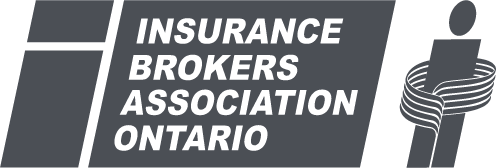A Populist Budget
Yesterday the Wynne government tabled its annual provincial budget. The government is fast approaching the halfway mark of its mandate, with the next provincial election scheduled June 2018. This year marked the earliest date the provincial budget has been set in a decade.
On insurance there was very little new. Unlike last year which saw several major auto insurance policy changes, this year’s budget contained two fairly minor measures:
* The government working with FSCO to expedite the time required to approve new insurance products (i.e. UBER)
* Amendments to the Insurance Act to require insurers to provide claims and repair history on a vehicle
The budget repeated auto insurance changes that have or will come into place this year. Interestingly, the focus was on consumer measures such as the winter tire discount and prohibiting rate increases for minor at fault accidents, with no mention of the reduced benefits coming into effect June 1st. These consumer-focused measures incorporated somewhat of a populist theme into this year’s budget.
Beyond insurance, the populist message was even louder. The government will remove the $30 fee for Drive Clean and insist hospitals offer lower rates for parking. It was post-secondary education where the greatest populist measure was included: the province is restructuring the student assistance program so that students from families below an income of $50,000 receive non-payable grants to offset the cost of tuition. This measure, which was not leaked before the budget was tabled, received a lot of media attention. While not a populist message, the adoption of a cap and trade system that the government estimates will bring in $1.9 billion to fund green projects certainly responds to a heightened awareness around climate change.
On the fiscal front, the government still projects a balanced budget by 2017/2018. The current deficit is expected to decline to $ 5.7 billion from $7.5 billion. While growth in historic terms is modest given resource woes in the west, Ontario will be at or near the top in provincial GDP, helping the province with revenues. Finally, on the ORPP, implementation for large employers is delayed until January 1, 2018. For small employers, ORPP contributions will be introduced January 1, 2019.
Overall, the 2016 budget keeps the government on target to eliminate the deficit by the next election, and contains a number of measures that will resonate well with the majority of Ontarians.






Most comments
Winter Tire Discount 101
All
16 comments
When Your Insurance Policy Comes Into Play
All
8 comments
Digital Marketing Trends for Insurance Brokers
All
6 comments